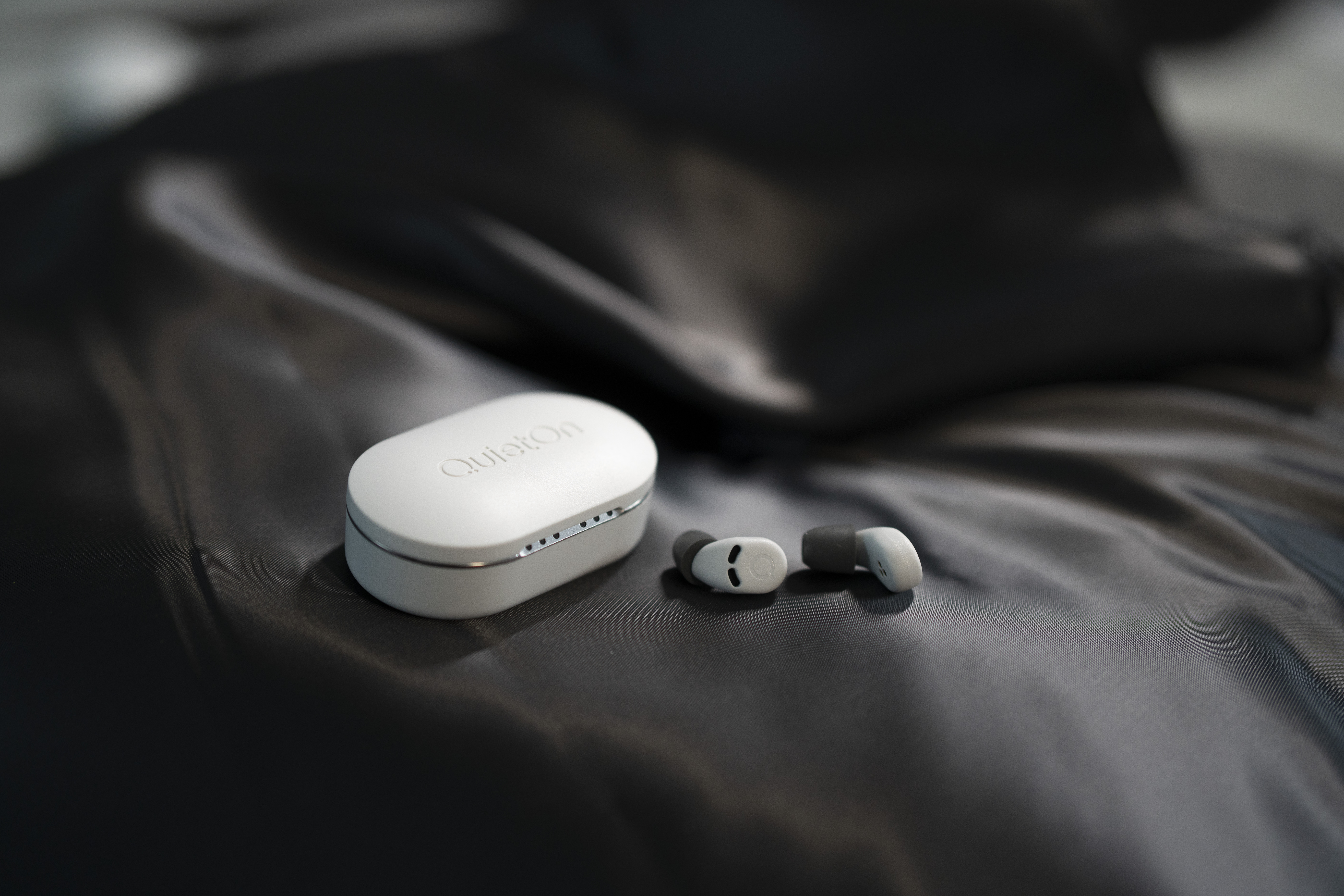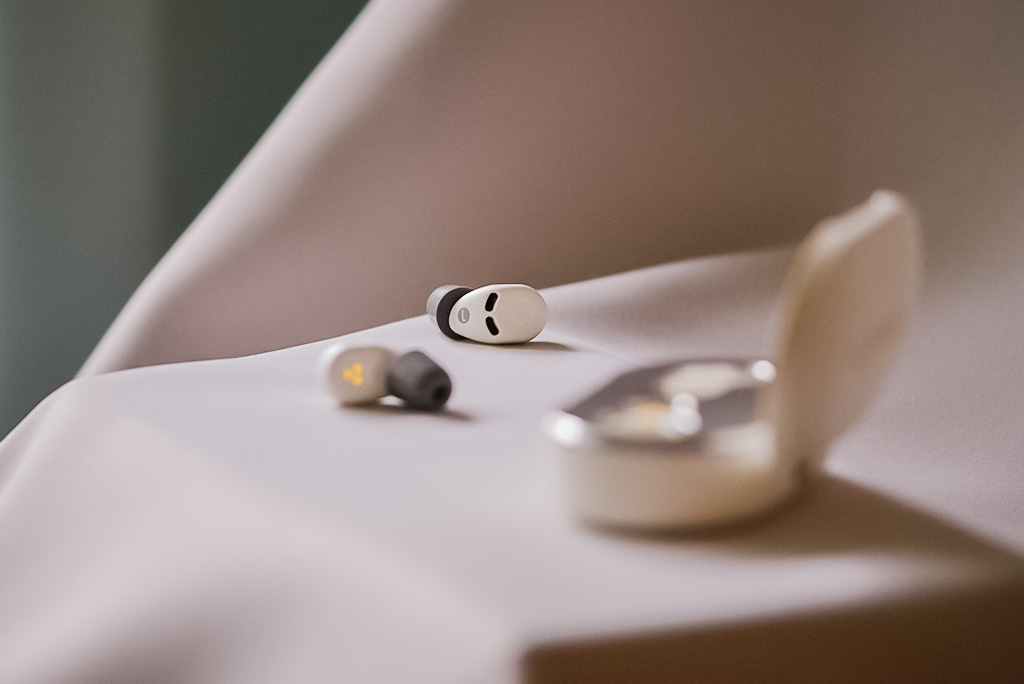Your cart is currently empty!
Athlete recovery – The importance of good sleep
Sleep being the single most important cornerstone of anyone’s health and wellbeing is nowadays common knowledge. Because of the added strain, the importance of sufficient and good quality sleep is emphasized in people who are engaged in sports – even more so in those who go the extra mile to become athletes. Becoming great in…

Sleep being the single most important cornerstone of anyone’s health and wellbeing is nowadays common knowledge. Because of the added strain, the importance of sufficient and good quality sleep is emphasized in people who are engaged in sports – even more so in those who go the extra mile to become athletes.
Becoming great in something usually requires paying attention to the things that enable said greatness. In this sense one could ponder whether it’s even possible to become an athlete without good sleep, let alone continue as one. To most athletes the answer is self-evident, but this doesn’t take away the challenges. Securing good night’s sleep can easily be neglected by especially young athletes, and the things that affect sleep quality don’t pick their targets.
With this article, we’ll go trough the following topics:
- The challenge of athlete recovery
- Recovery through compensation
- Recovery in a downward spiral
- Training over with overtraining?
- The importance of good sleep
- Remedies for athlete recovery
The challenge of athlete recovery
Everyone experiences periods in their lives during which it seems to be impossible to find time to sleep enough, at least without a huge effort or by leaving something undone. The key factor that sets an athlete’s challenges with sleep aside is that the requirement of programming and optimization is incorporated in their everyday lives, and it can sometimes be quite extreme. As the world’s top ten athletes of certain sports can be separated by mere hundreds of a second, anything and everything can truly make a difference. This way the supporting measures need to be top notch.
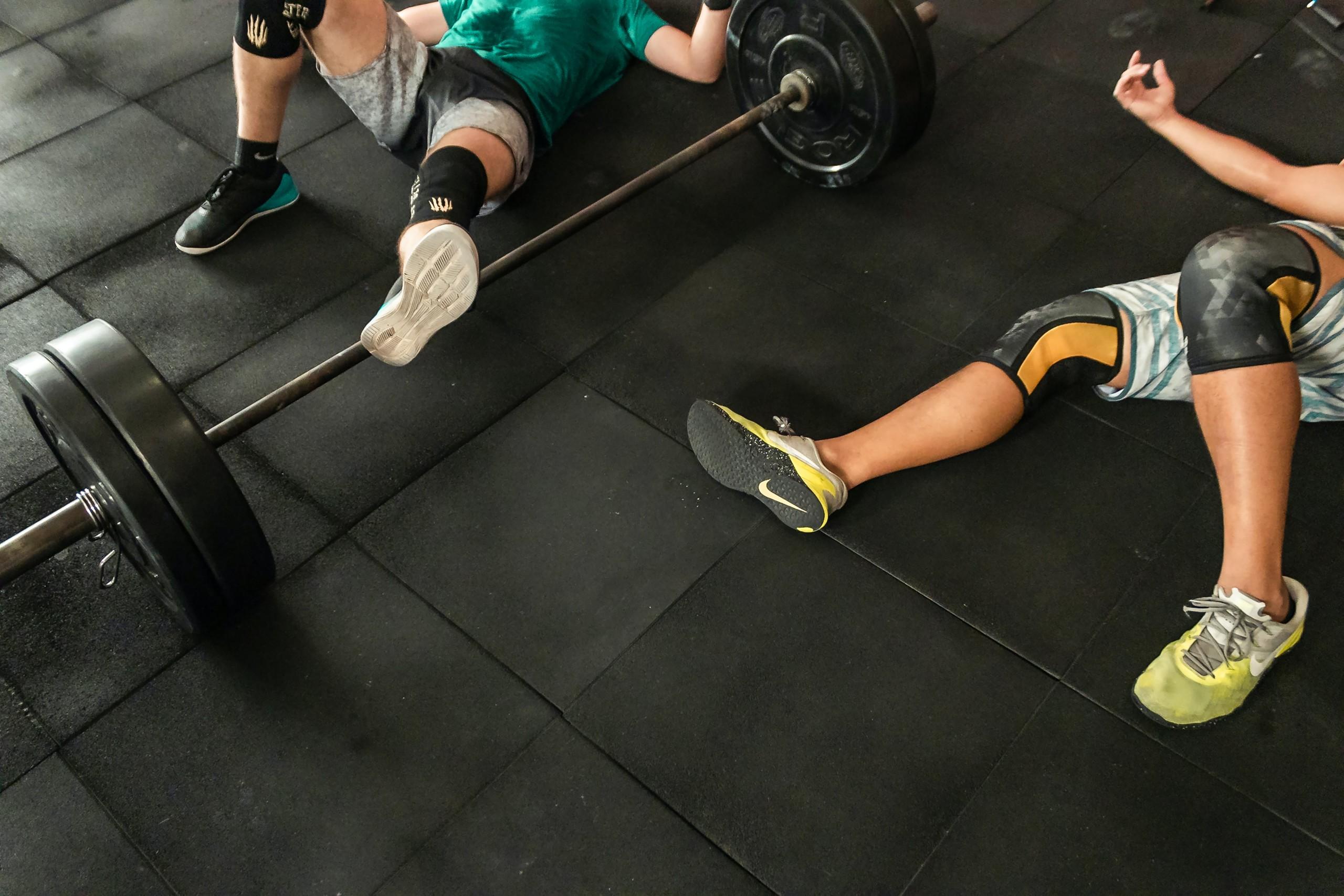
In part a highly organized schedule can work as a valuable aid in guaranteeing sufficient sleeping time. On the other hand, having to plan everything to a detail in an effort to reap the optimal benefits leaves one quite vulnerable to possible problems. The tighter the schedule the less margin there is for errors or setbacks in recovery means.
It is also good to note that not all athletes or even professional athletes engage in their sport for their actual living. Depending on how much of a niche the sport is in the athlete’s country of origin, not to mention in the world, the athlete may be required to study or work on the side. This is prone to accumulate the overall stress burden to a state where the sleep and recovery gets further challenged. More on this as you read along.
Recovery through compensation
A common misconception is that pumping iron makes you linearly stronger and a jog more durable. Even though neither of these results would happen without the actual performance, the mechanism is not as straightforward.
The whole concept of physical exercise is based on shocking the body’s resilience. If a person’s fitness is pictured with a curve, an exercise actually drops the curve below the preceding level. In other words, gets one in worse shape than before the exercise. If, and only if, the necessary recovery measures, such as a sufficient amount of nutrients and good quality sleep, are implemented, the body recuperates back to ‘normal’ and even past that. In other words, the curve climbs to a bit higher level than before. This is called supercompensation.
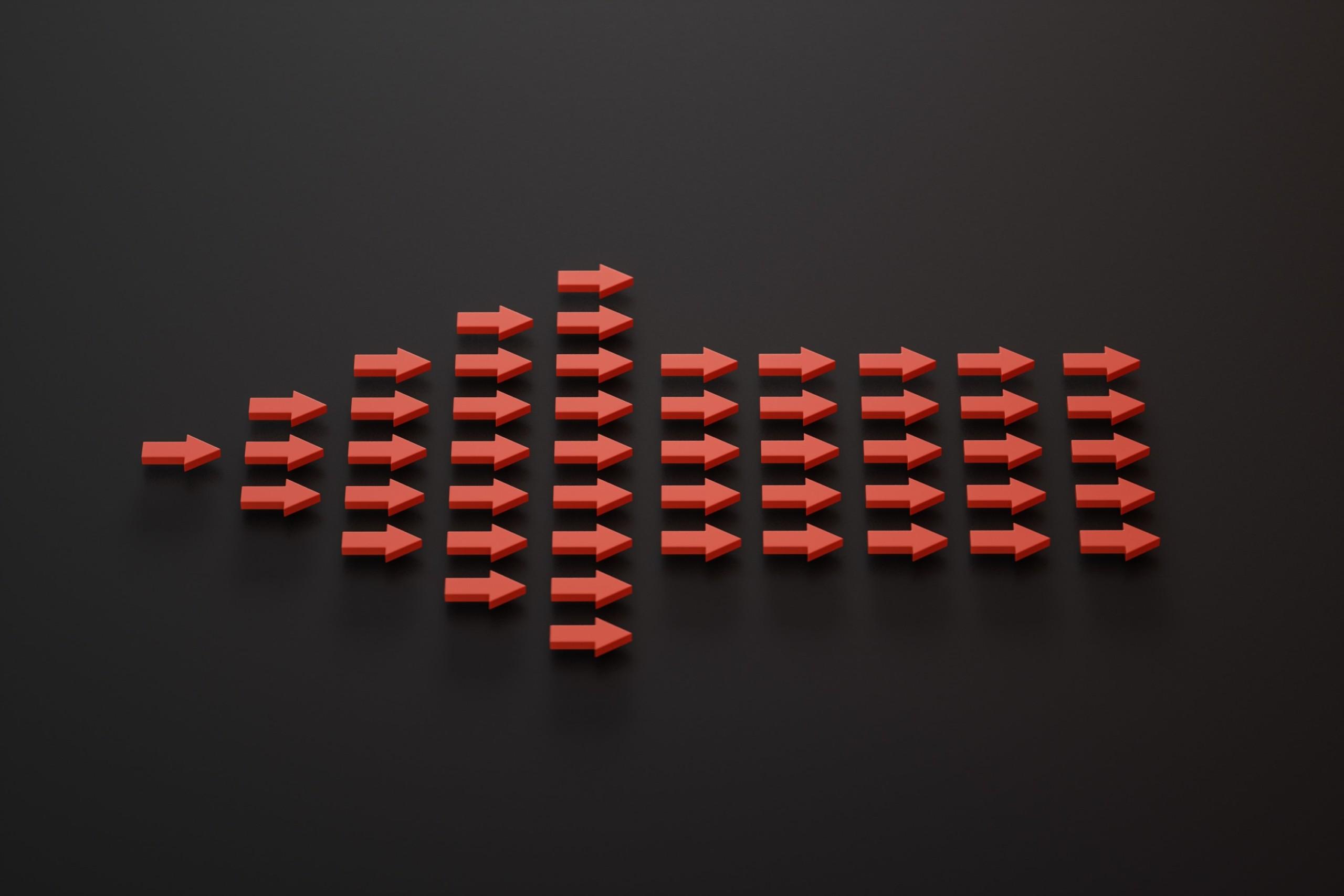
As the fitness curve is zoomed out from a singular supercompensation event and examined on a scale of months, the median of the curve should be moderately ascending. At least if the training is goal-oriented and aims for better performance.
Recovery in a downward spiral
The ugly twin of the ascending supercompensation curve is of course the descending one. This is the result of insufficient recovery means, or conversely too intensive training in comparison to the conditions.
Engaging in a new exercise before the body has received the building blocks and sleepy dust it needs to recover from the previous one, results in the fitness curve not bouncing all the way back to the preceding level. If this phenomenon is left to repeat itself, it’s merely a matter of time before serious problems arise. This kind of overtraining can lead to an aptly named condition called overtraining.
Another pavement stone of good intentions one easily trips on when jogging down the proverbial road to hell is the aspiration of relieving stress through exercise. If a person is moderately stressed out by a sudden work assignment or a problem in a relationship, it’s true that going for a jog can work wonders by providing a change of scenery, meaningful pastime and a way to blow off steam.
Even though its lowering effect on stress hormone levels is even based on scientific grounds, physical strain on top of an already existing stress burden can sometimes be more like trying to put out a fire with gasoline. If a person is already beat, trying to fix things up with more strain can tip Humpty Dumpty to the wrong side of the fence i.e., result in burnout.
Training over with overtraining?
Overtraining and burnout are very much intertwined and are in some contexts even considered to be synonyms. It’s no wonder since they both affect the exact same system – the one and only central nervous system. The essential way the two interlock is that they can both help each other tip the scales to a state where the body is left unable to recover from the stress it has been subjected to. This is due to our stress system being somewhat incapable of separating different sources of stress.
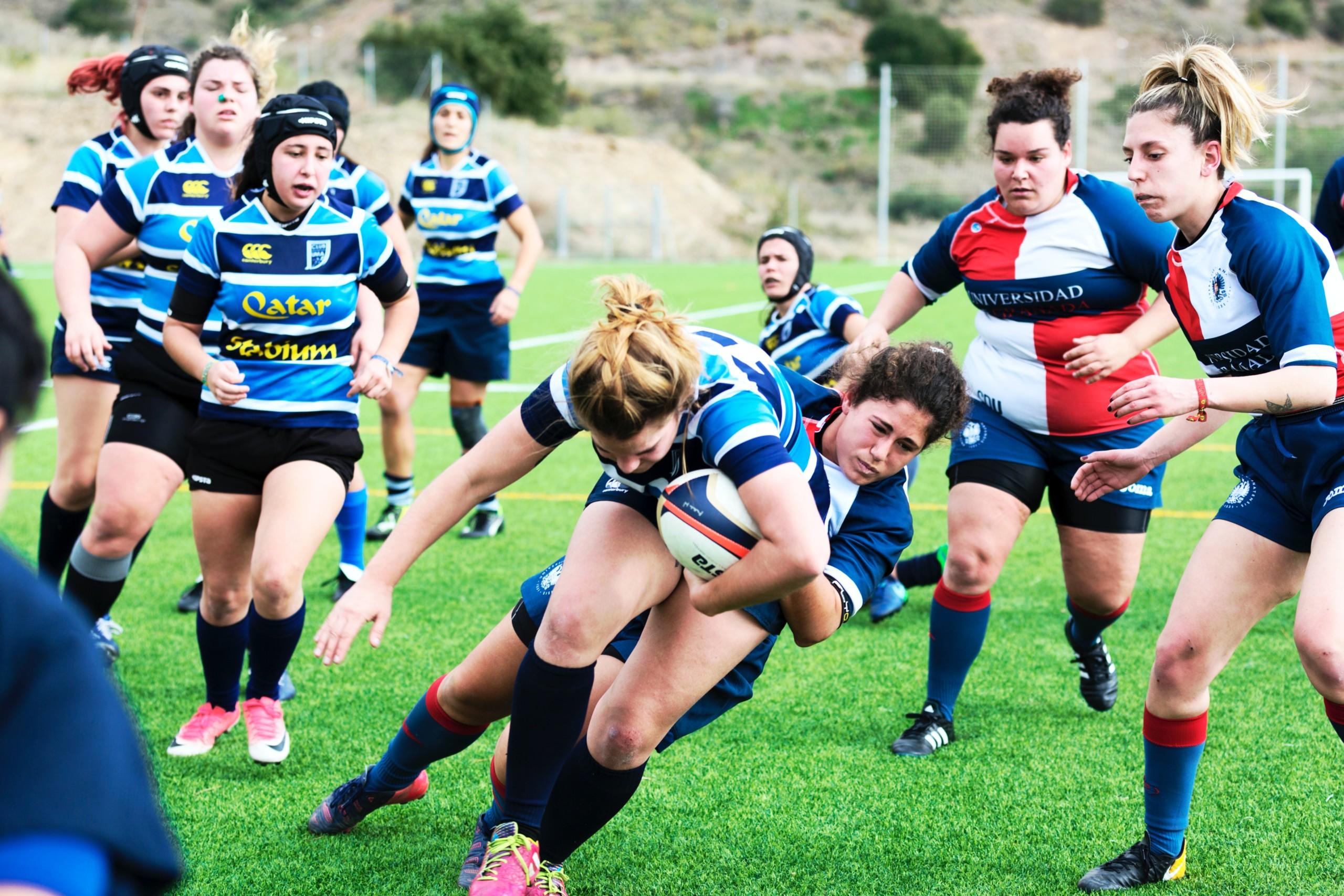
Even if our stress system is blind to the sources, we ourselves aren’t. These two conditions can be roughly divided based on their alleged sources, burnout referring more to a mental or emotional fatigue and, as the term implies, overtraining to the result of excessive exercise. This way it’s also possible to list burnout as a symptom of overtraining and vice versa. Naturally both conditions have a widely similar description of symptoms, including for example:
- Elevated resting heart rate
- Persistent fatigue
- Lowered immune response (more frequent colds and inflammations)
- Irritability
- Depression
One of the first red flags is often a lack of enthusiasm. It can of course simply mean that it’s time to switch game equipment. However, symptoms of overtraining should always be taken seriously since recuperating from it can easily take months and in the worst case up to years. Some sources state that in a person who has suffered a burnout or a state of overtraining, the condition takes less to recur as the original condition took to develop. In other words this would mean a semi-permanent drop in stress resilience. In many cases this kind of outcome might have more to do with incomplete recuperative period and/or inability to accept the lowered performance.
In a worst-case scenario overtraining can end an athlete’s career. In the best case scenario, it still causes hindrances in the forms of a convalescence and an elevated risk of recurrent state of overtraining. Science has concluded that young people are more inclined to a mentality that focuses on action over consequences than grownups. If left unsupervised, an aspiring and eager young athlete is often a sitting (bad choice of wordplay, we know) duck for overtraining boogieman. This is why a good example in sleeping habits can end up making all the difference in the world.
The importance of good sleep
The importance of sleep in maintaining our health and immune system, and on the other hand in the increase of our fitness, is unquestioned. What can be questioned, is whether some athletic performances are truly humanly possible. Still, athletes are people too. As such they are susceptible to the same sleep problems and especially stress-related sleep problems as anyone.
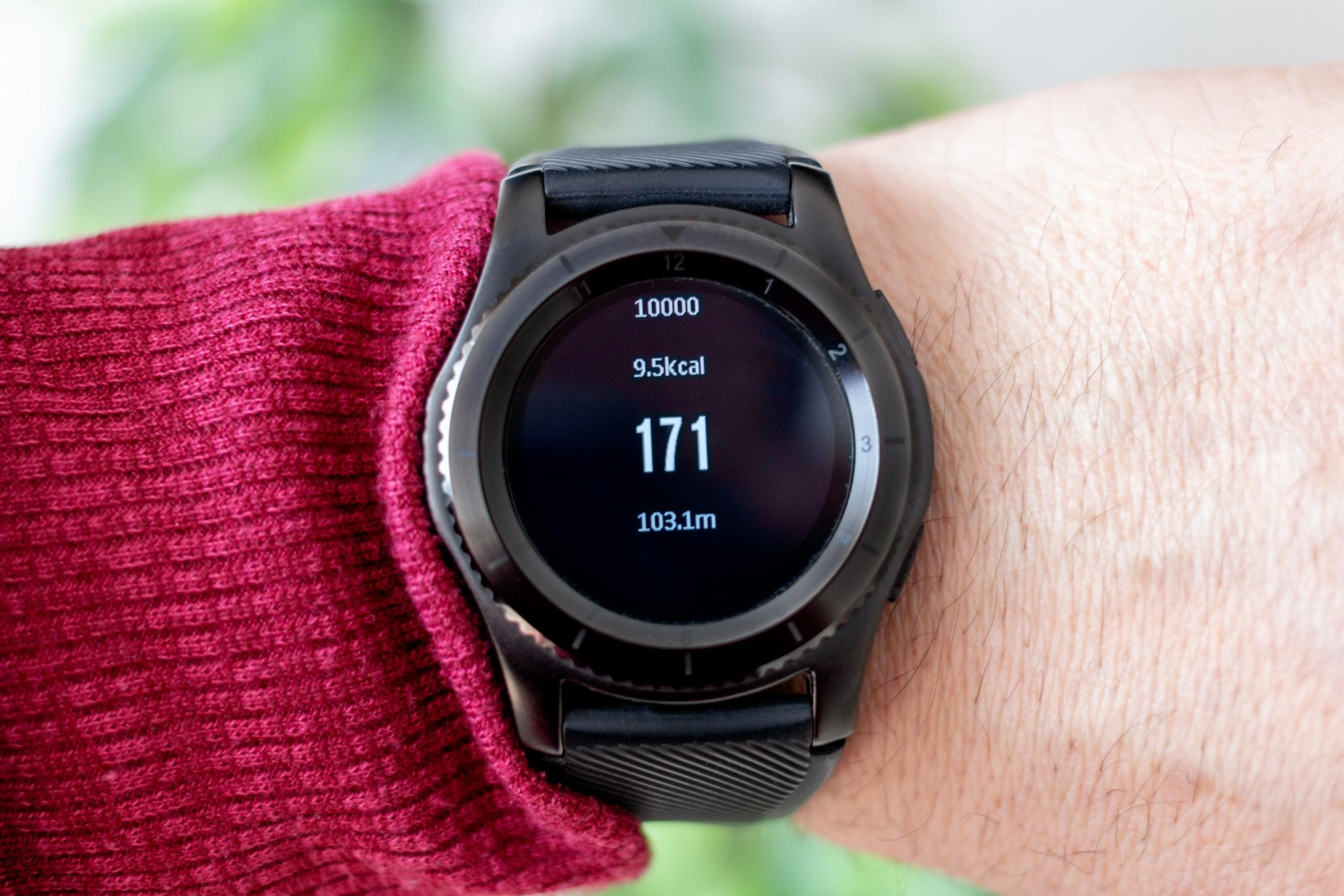
There is no dispute over the fact that the key factor in any athlete’s performance is a healthy and functioning brain. This in turn depends on sleep, whose main purpose in the brain’s point of view is to organize, clean and recover it. If we observe the purpose of sleep from the point of view of the whole athlete and not just of the brain’s, we can perceive even more significance. Wouldn’t any athlete possibly benefit from built and rebuilt muscle tissue, rested and recovered organs, maintained and enforced immune system as well as movement patterns downloaded to his or her very own built-in computer?
These factors of course apply to anyone, but the key difference is in the amount of sleep an athlete needs. While the recommendation for an average grown up is 7-9 hours of sleep, some sources calculate that an athlete needs an hour of sleep for every two hours under the influence of any kind of stress. Others simply state that an athlete undergoing a strenuous regime should get 9-10 hours of sleep per night. Simply put, the more an athlete works out, the more sleep is needed to recover.
In addition it’s good to remember that when talking about sleep, it’s really easy to concentrate on the sleep time at the expense of other qualitative factors. As we’ve mentioned many times in our series of articles, regularity has been found to be even more important. An athlete is also not immune to the many kinds of disturbances that affect sleep hygiene, such as neighbourhood noise. Only after all of these aspects are in order, can sleep truly be called good.
Remedies for athlete recovery
Luckily, the more professional an athlete, the more professional the coaching. This means a completely personalized fitness regime as well as high accuracy testing and monitoring in an effort to gain maximum benefits while preventing overtraining.
The same goes with the recovery measures. The bigger the sport and athlete in question, the more extreme the recovery means can get. For example, some Formula 1 drivers are kept in isolation from daylight as they traverse through time zones. This is to acclimate their circadian rhythm to the destination time zone more quickly and to preferably avoid jet lag altogether. This is supposed to level their preconditions with, or to give them an advantage against drivers who don’t seem to benefit from the method.
This example is not to say that these kinds of means are exaggerated. On the contrary it is meant to underline the importance of sleep for athlete performance and that it is not taken lightly in any professional athlete’s camp.
Quietude in aid of athlete recovery
Just like athlete’s sleep problems stem from the same sources as anyone else’s, also the remedies that do the trick can be fairly simple. As mentioned before, an athlete’s regime can be grueling in a way that leaves marginal room for problems. In cases where the causes of sleep trouble can’t be helped by one’s own actions there still might be something to be done.
Today’s technology enables ways to fight back for example a noisy environment. Imagine going to an out-of-town game or a training camp just to find out the accommodation is a restless hotel, or you slept poorly the night before but your teammates buzz like it’s their first rodeo. Wouldn’t it be nice to be able to zone out and sleep peacefully no matter what? QuietOn Active Noise Cancelling earbuds provide a means just for that.
What’s even better, the new QuietOn 3 is not only the smallest of its kind in the world, but it’s also designed to fit perfectly. This way it’s unobtrusive to use even when sleeping.
Whether you challenge yourself in a sport or other field, let some Nordic Quietude help your very own athlete recovery.
References
https://www.healthline.com/health/signs-of-overtraining
https://www.healthychildren.org/English/family-life/Media/Pages/Dangerous-Internet-Challenges.aspx
https://www.hss.edu/article_overtraining.asp
https://journals.lww.com/nsca-scj/fulltext/2013/10000/sleep,_recovery,_and_athletic_performance__a_brief.8.aspx
https://www.nfpt.com/blog/why-sleep-and-recovery-is-important
https://www.psychologytoday.com/us/blog/ravaged-minds/201911/why-sleep-is-the-most-important-part-your-day
https://www.wm.edu › _documents › sleep-manual
Related articles





